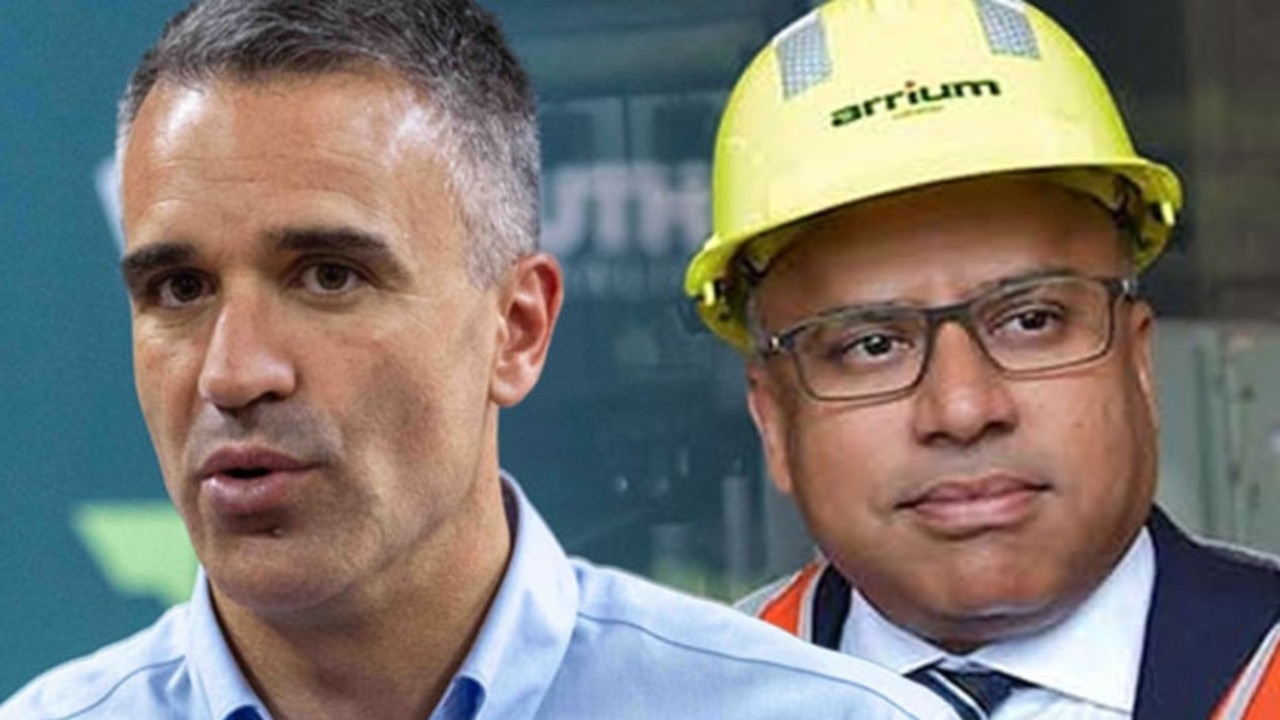In lean times Ford focuses on a one-metal-for-all plan
ONE of the stars of this week's Detroit motor show in an admittedly lean year will be the new Ford Focus.
ONE of the stars of this week's Detroit motor show in an admittedly lean year will be the new Ford Focus.
This small hatchback and sedan marks a departure for the brand in being its first global car.
Starting next year, every market everywhere will get the same metal. No exceptions.
It's the thrust of company boss Alan Mulally's One Ford plan, which aims to prevent the various branches of the giant all doing their own thing. That simply doesn't add up any more; globally integrated development is the way forward. General Motors and Toyota are already doing the same.
The problem for the Australian outposts of these companies is where they fit into the new world order. The large-car market has shrunk to the point where it cannot support three players here (let alone four, with Mitsubishi).
Small is the new big, but building small cars in Australia makes no sense from a global perspective.
The volumes are too low without exports, but the export markets are too far away and in any case, the cars can be made more cheaply elsewhere.
That's the reason Ford abandoned plans to make the new Focus at its Melbourne factory from next year.
The numbers didn't make sense. Which means when the Falcon runs out of steam in five years, its plant will have nothing to do.
The numbers don't stack up for the Holden Cruze either, although it will start rolling off South Australian assembly lines later this year because Canberra came to the party. However, pay-to-play isn't the same as integration.
Toyota has taken a different path, chasing alternative technology to stay in the game.
But the hybrid Camry it began making this month only gives the illusion that it's at the cutting edge.
The hybrid drivelines arrive in boxes from Japan.
Economic rationality and the Australian car industry went their separate ways long ago, but the problem has been exacerbated by a government determined to retain a car industry here regardless of whether the solutions have merit. No one in their right mind would set up a car factory in Australia if the decision had to be made today.
We have a legacy industry, held together by Band Aids, but becoming increasingly irrelevant to the global mainstream.


